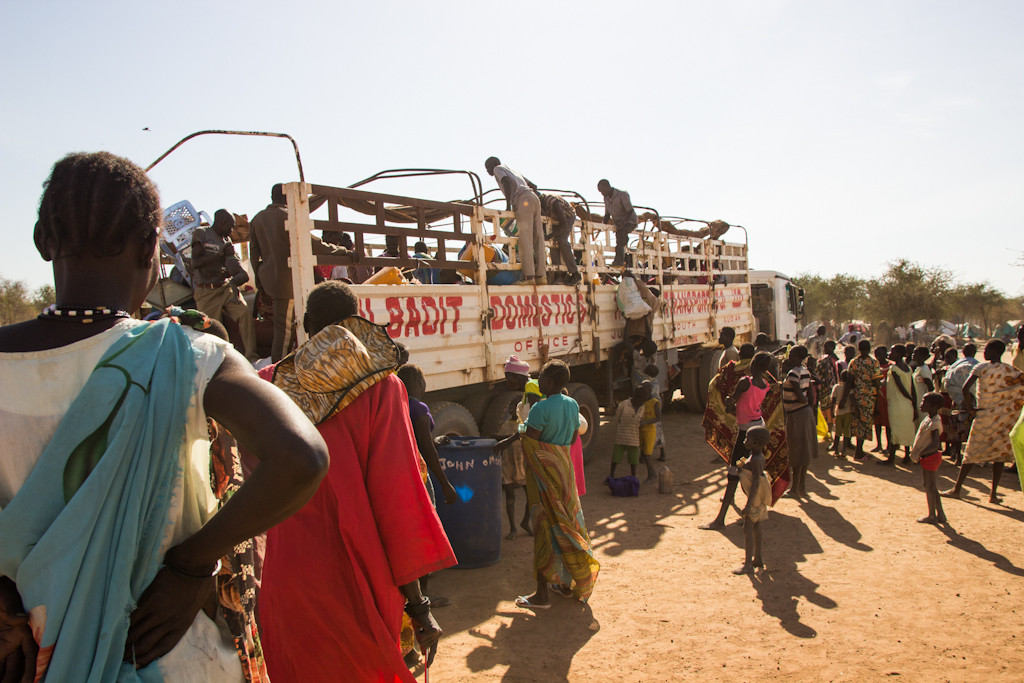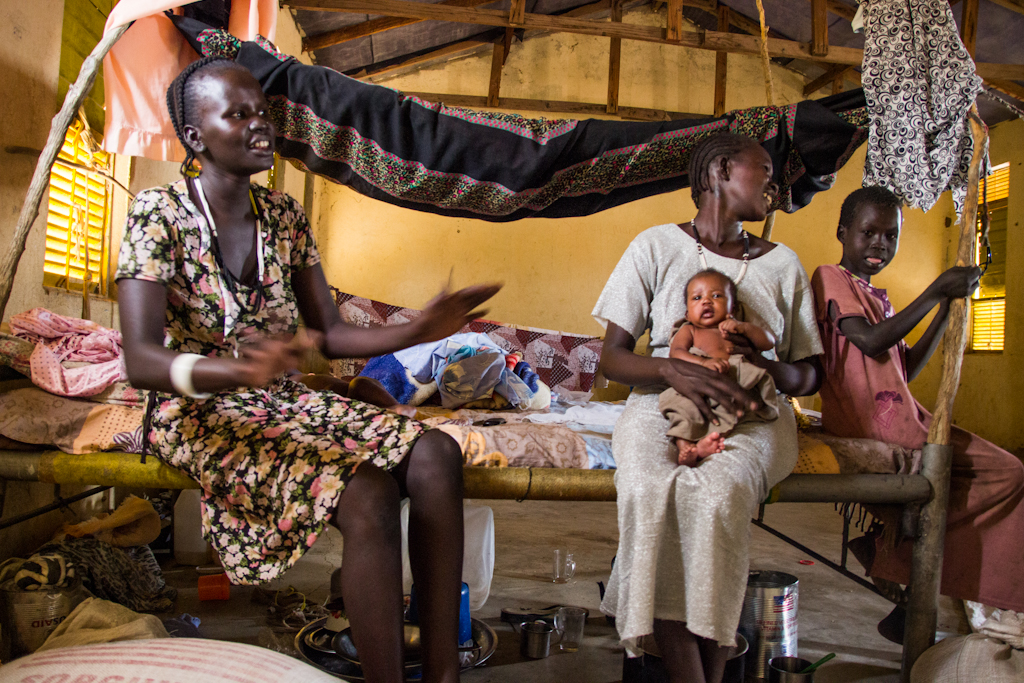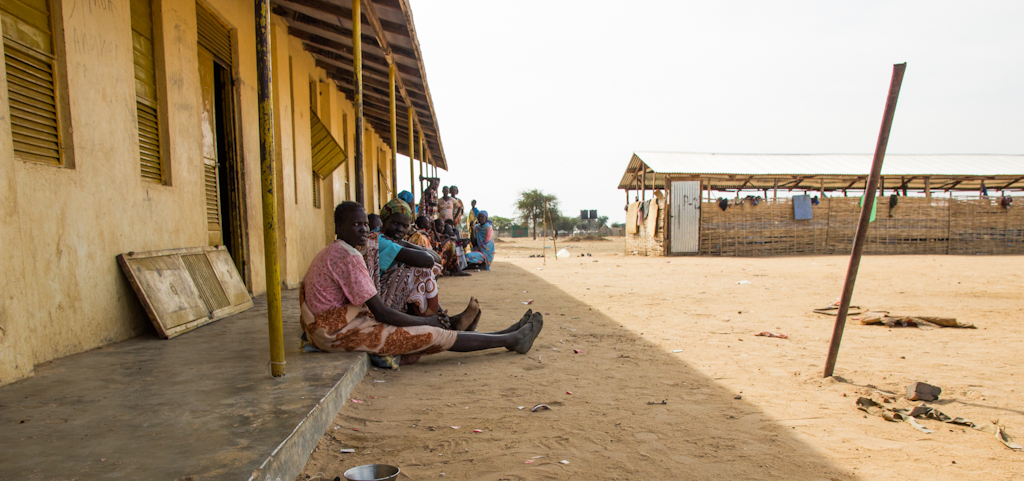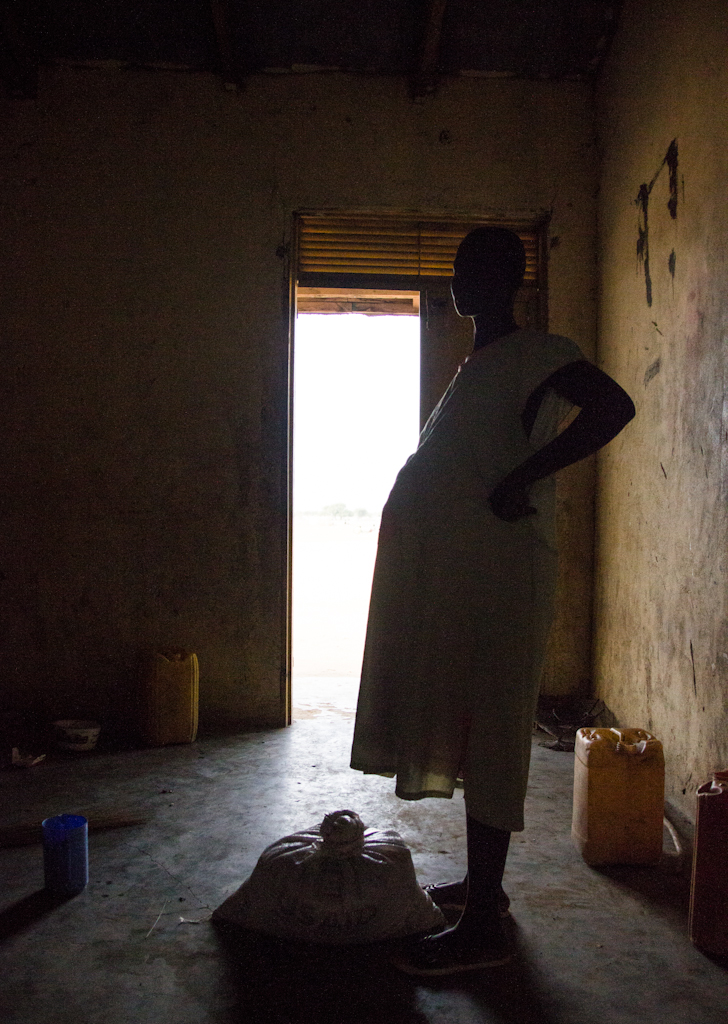Extreme Poverty
One Year Later, South Sudan Remains in Turmoil

In December 2013, the world’s newest nation, only two years into a season without war, plunged back into crisis-mode. Though the explanation for this eruption of conflict is far from definitive, one thing is clear—South Sudan is still hurting.
As we approach the one year anniversary of this newest conflict in South Sudan—a land that has suffered almost continuous war for over two decades—we (the world) need to remember that this war persists and tensions are only growing. And, as we so strongly believe at World Concern, we remind ourselves that war is about so much more than politics and land and resources. It is about the thousands, if not millions, of people whose lives are torn apart.
According to the UNHCR, South Sudan now has more than 1.4 million internally displaced people who have been forced to flee their homes. Additionally, tens of thousands of people (at this point an exact number is difficult to track) have lost their lives.
Though there has always been community tension and a scarcity of resources, we have never ceased to see the country for its potential to transform. When South Sudan gained independence in 2011, we celebrated with them. Unfortunately, the celebration was short-lived. South Sudan has faced immense challenges over the past three years. The recent conflict is bringing the nation to the brink of famine and starvation continues to be a very real risk.
Since the country’s independence, World Concern has focused on empowering South Sudanese communities to move beyond a state of relief and toward long-term development. Eager to farm their own land, feed their own children, and be educated, people have been more than willing to take part in their community’s development. In fact, many of the communities we partner with now have their own gardens, banks, savings groups, job opportunities, and thriving markets.
But many others were displaced from their homes and land when violence came dangerously close to their communities. As a result, hundreds of thousands were unable to plant crops before South Sudan’s annual rainy season. Because of this, many will go hungry this year. And too many are still homeless, living in squalid camps, waiting for peace.
 Mary (right) and her newborn son sit inside a vacated school they now call home.
Mary (right) and her newborn son sit inside a vacated school they now call home.
Last February I traveled to South Sudan to visit Internally Displaced Person (IDP) camps, sit with people, and listen to their stories. Among the many painful narratives shared, I will never forget Mary YarTur’s. Nine months pregnant when violence broke out in her village, Mary had no choice but to run.
“Both of my neighbors were killed when we were running,” she solemnly explained. “My uncle was also killed.”
After days on the run, Mary and others settled outside of a closed school building. Two days later, she went into labor.
“At the time I delivered I was feeling bad. My body was in pain and it was not well,” she shared. “During the time I came from my home in Unity State, I was running with little food. Then I delivered right away when I arrived here.”
 Women sit outside of the school where Mary gave birth.
Women sit outside of the school where Mary gave birth.
In the three days I spent visiting camps, Mary was one of five women I met with newborn babies—a small representation of the thousands of children that have already been born without medical assistance beneath trees, outside of buildings, and underneath haphazard shelters.
 A silhouetted pregnant woman rests at an IDP site.
A silhouetted pregnant woman rests at an IDP site.
“My child was delivered outside, now they have problems,” Mary told me. “I’m not feeling better now. The food we have to eat takes a very long time to cook—and when I eat it it gives me stomach pains. So, I don’t eat much—I feel weak and faint. I live in fear because I don’t know where my husband is and I sleep in the open, many days without food and no income.”
Sick, taking care of a newborn, husband-less, without food, homeless—it’s no wonder so many people feel hopeless.
A Bleak Future Without Development
Because of the recent crisis, funding for development projects has reduced. Life-saving disaster response efforts are vital, but without the ability to fund long-term projects, the country’s development comes to a halt.
Hundreds of thousands of displaced families have fled northern South Sudan to Warrap State, where we work. With no choice but to build makeshift shelters on land that was once someone else’s farms, their presence is a cause for tension and puts a strain on local resources.
The majority of the people we serve know at least one person who has been killed. Thus, a large portion of a family’s resources and time have been spent on hosting and traveling to burial services.
Additionally, the South Sudanese pound continues to lose value against the American dollar, skyrocketing import costs and consequently making many resources unbearably expensive.
“Foreign exchange is low. Prices of commodities are rising every day. Many markets are in short supply of essential commodities,” said a World Concern staff member in Warrap State. “The chamber of commerce has attributed this to lack of dollar in the market. Given that he country heavily relies on import of food, fuel, and almost all essential commodities, shortage of dollar in the market spells doom for ordinary citizens of the country.”
Much of South Sudan’s younger generation was born into war, thus all they know is war. When asked, many say they would love to live in a world without war, yet most of them have no idea what that would look like. Because of this, instilling the notion of hope and the possibility of change can be a very complex process.
We believe that we have been called to South Sudan for a reason. And we believe that reconciliation, peace, and healing are possible. We know that the One who created us all, can surely bring hope and peace to the seemingly hopeless circumstances in South Sudan. And despite the horrible things we, as humans, do, He is still holding out for us, waiting patiently and moving us toward a world renewed.
So today, this morning, this evening, whenever you read this, though you may feel bombarded by a world of painful things, we ask that you remember South Sudan and pray for peace.
And please continue to pray for South Sudan’s leaders—that they would lead with integrity. South Sudan was recently ranked the 5th most corrupt nation in the world. Also, pray for safety, healthy, and strength for our field staff—they are the hands and feet of world Concern.
Please consider giving a gift to bring hope and life to the people of South Sudan.
In the midst of pain, in the depths of suffering, under the tarps of IDP camps and tin roofs of refugee shelters, we know that there exists a surpassing peace and hope for a world transformed.